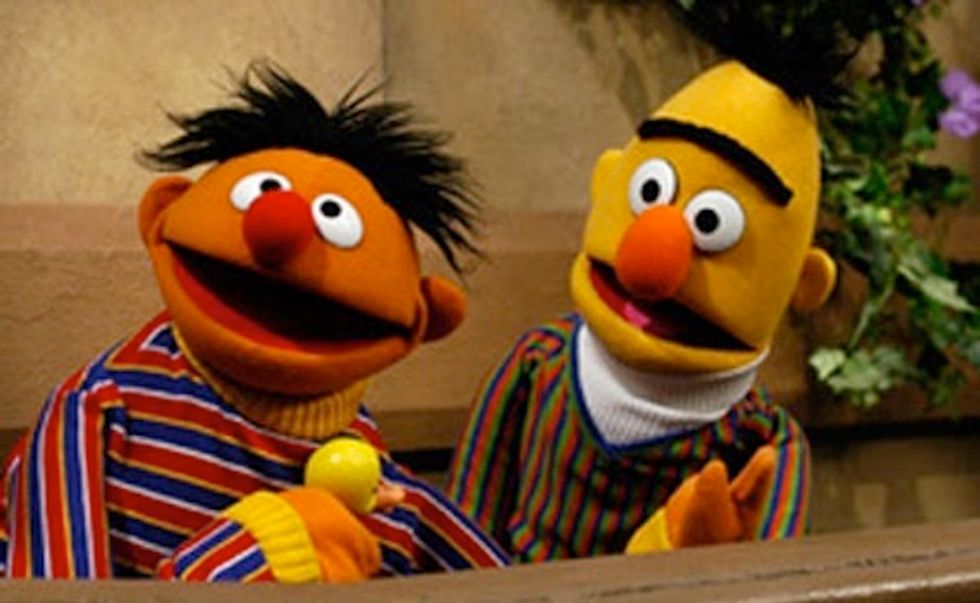I am a 26-year-old straight woman living in SF. My roommate is a gay man, around my age, and a really sweet guy. I treasure him and his friendship. But I am worried about his emotional state. He is very vulnerable right now. Even though he lives in the gay capital of the world, there is some part of him that can't accept his sexual orientation, which makes it hard for him to date seriously. He tends to indulge in a series of "hookups" but nothing more substantial develops. (I sometimes hear him kicking them out in the middle of the night.) He grew up in an anti-gay religious household, and even though he knows intellectually that his parents' ideas are hateful and absurd, I know he feels unlovable because they never fully accepted him. What should I do?
He Said: Sounds like you are doing exactly the right thing: Being a thoughtful friend. First, realize that hooking up is not necessarily a sign of vulnerability. It could simply be a healthy part of his coming-out process. The path to self-acceptance is different for every gay man, with some coming out as early as adolescence and some waiting until well into adulthood. The variation is in part a factor of geography and the culture of family—although the increased access to community and information online is shortening the process considerably. In the end, self-love is indeed the key, and your roommate can only find that himself. Denying a child unconditional love can have dire consequences; it takes time to heal those wounds and learn to love and be loved. If he isn’t already in therapy, suggest he check out the LGBTQ Psychotherapy Association at gaylesta.org. Countless gay men have moved to San Francisco to leave behind loveless families and find what they were denied. Your guidance and patience is part proof that he is almost there.
She Said: You are indeed a good friend. But I agree, a 26-year-old gay man indulging in hookups after moving to San Francisco is not necessarily cause for concern. First off, he’s still awfully young to be pursuing a serious relationship. Secondly, it sounds like he spent the better part of two decades in Bibletown dealing with unsupportive parents, perhaps a bully or two, and probably a complete lack of viable dating partners. It’s okay for him to go a little wild in the Castro right now—as long as he’s careful about safe sex. Realize also, that while sexual orientation certainly runs as deep to a person’s identity as imaginable, his problems with his parents are more universal than that. Parents find innumerable reasons not to love their children unconditionally—from poor school or social performance to differing world views to all kinds of neurotic family dynamics and dysfunctions. You probably know several straight friends in therapy for such reasons. Next time he seems troubled, suggesting therapy to him is fine. You can also relay your unconditional love for him by celebrating his orientation. See gay movies. Go out dancing at gay bars. Read books about famous, fabulous gay people and leave them lying around. Having a gay male best friend is one of the best things about living in San Francisco. Lastly, try to introduce some older gay men into his life, men who are further along in the process than he is, whom he can look up to as role models. The best way to curse the dark is to let in a little light.
Curious? Confused? Heartbroken? Send your questions to twosense@7x7.com





















